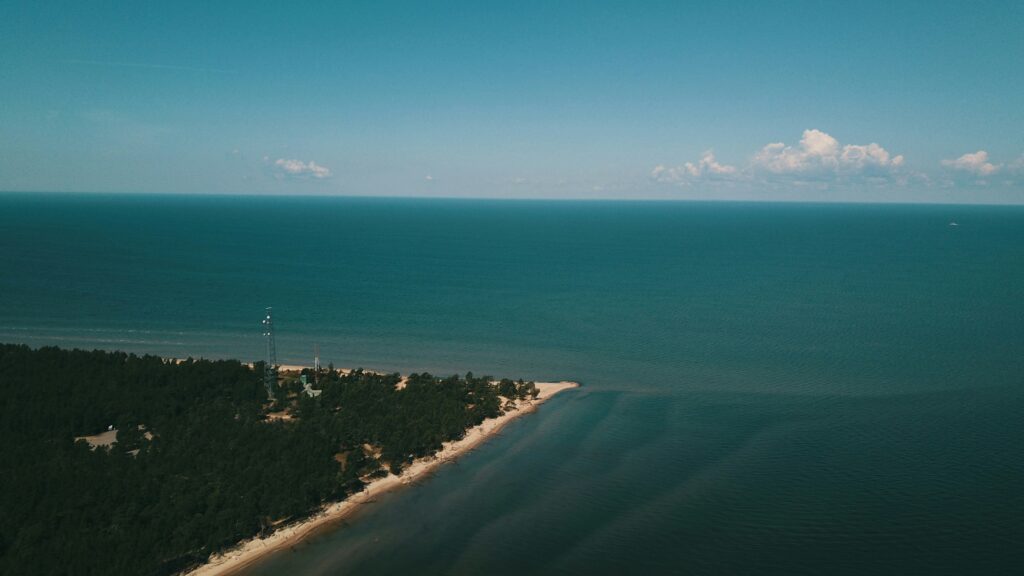Coastal waters are hotspots of primary production, support critical ecosystems and fisheries, and play a major role in carbon storage, with continental margins accounting for up to half of all inorganic carbon burial in marine sediments.
Yet, despite their importance, coastal zones remain under-observed from space. Traditional satellite sensors struggle with the optical complexity of these environments, where the mix of land, shallow water, and organic materials creates a difficult setting for standard remote sensing techniques.
What is COOL?
COOL is an ESA-funded project that aims to advance satellite-based observation of carbon pools and fluxes in coastal waters. The project focuses on developing high-resolution Earth Observation (EO) products for:
- Particulate Organic Carbon (POC)
- Particulate Inorganic Carbon (PIC)
- Dissolved Organic Carbon (DOC)
- Primary Production
In addition to carbon products, COOL will generate key supporting data such as remote sensing reflectances, chlorophyll-a, suspended particulate matter, and coloured dissolved organic matter.
By using Sentinel-3 satellite data and the POLYMER atmospheric correction processor, the COOL project team aims to produce datasets with the spatial and temporal resolution necessary to capture the fast-changing nature of coastal processes.
Focus Regions
The project will apply and validate its new EO products in two contrasting coastal environments:
- The Baltic Sea, with a focus on how rivers influence DOC levels.
- The Iberian upwelling system, a globally significant region for ocean productivity and carbon cycling.
COOL will not only generate datasets, but also provide a critical review of the current state-of-the-art in EO of coastal carbon. The team will identify key challenges, opportunities, and gaps, helping to guide future international efforts.
Scientific collaboration is central to the project, including an international scientific advisory board and the co-organisation of a global workshop. Project outcomes will be shared widely through peer-reviewed publications, conference presentations, and regular updates on this website.
By enhancing our ability to monitor the coastal carbon cycle from space, COOL will support global carbon assessments, improve ocean models and predictions, and contribute to a deeper understanding of the ocean’s role in the Earth system.

